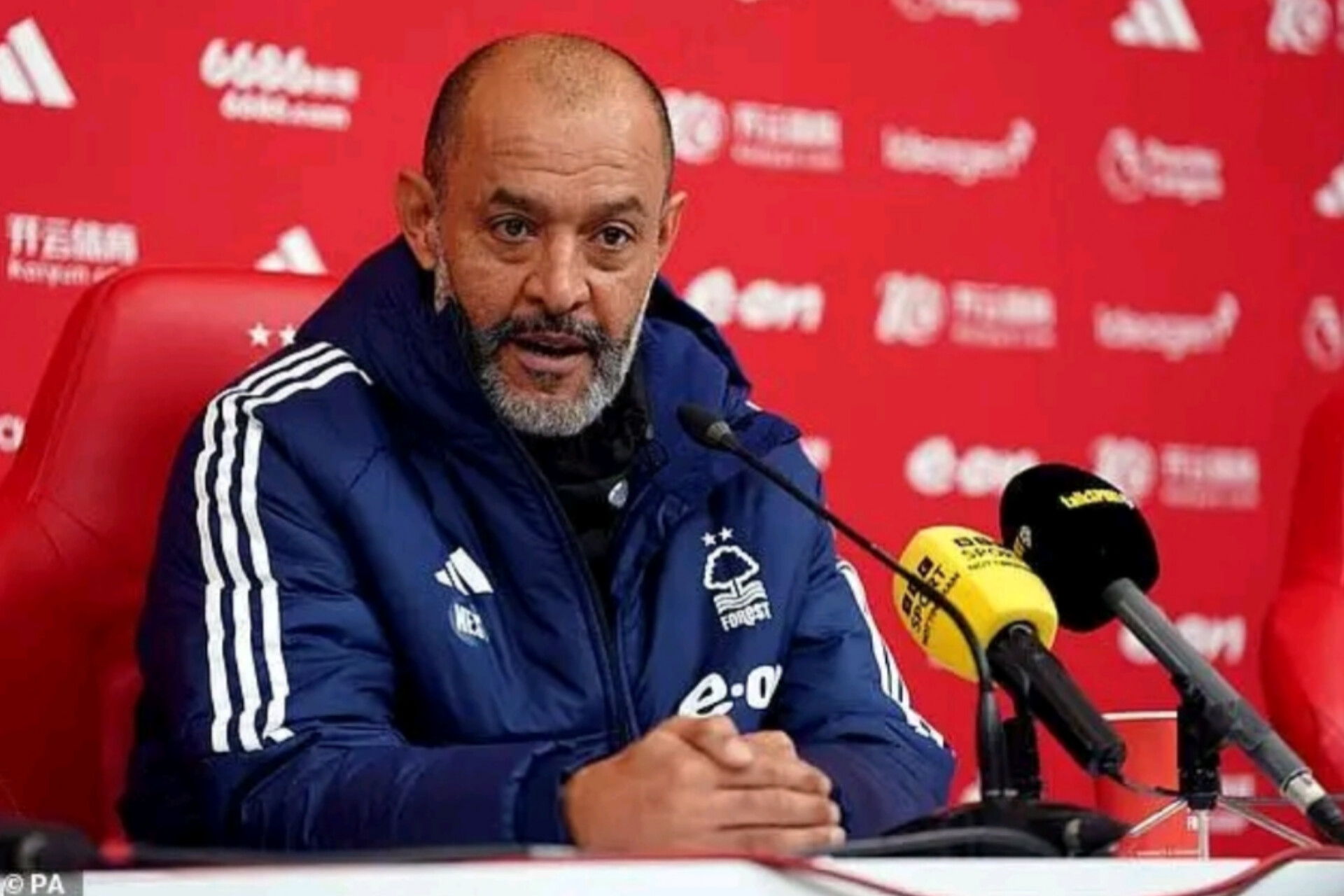Nottingham Forest has a long-standing tradition of incorporating academy graduates into their first-team squad. However, currently, this representation has dwindled to a single player: Ryan Yates. Despite this, the club’s commitment to nurturing young talent remains strong, as evidenced by manager Nuno Espirito Santo’s willingness to rotate the squad and provide opportunities to younger players. A prime example of this is Zach Abbott, who recently impressed in his Carabao Cup debut, potentially setting himself up for future appearances in the FA Cup.
Ryan Yates stands as a shining example of the club’s successful academy system. His journey from the youth ranks to becoming a key figure in the first team embodies the dream of many aspiring young players at Forest. David Prutton, a keen observer of the club, notes that Yates’s background as an academy graduate imbues him with a genuine passion for the club, a quality that resonates strongly with fans and the club’s ethos.
The success stories of players like Yates and Brennan Johnson, who recently made a high-profile move to Tottenham Hotspur, have inspired Nottingham Forest to develop a specialized program for their most promising young talents. This initiative, known as the ‘Talented Player Performance Programme’ (TPPP), is designed to accelerate the development of players identified as having high potential.
Craig Mulholland, speaking to The Athletic, elaborated on this program: “If we have the next Brennan Johnson coming through, we need to accelerate his learning.” The TPPP is a comprehensive approach that encompasses various aspects of player development, including psychology, nutrition, performance analysis, coaching, and overall wellbeing. Each player in the program has a tailored performance dashboard that tracks their progress across these areas.
The level of detail in this program is impressive. Players wear Oura Rings to monitor their heart rate, stress, and anxiety levels around the clock. This data, along with daily wellbeing questionnaires, allows the club’s psychologists and wellbeing team to keep a close eye on the players’ mental and physical states, even identifying issues like pre-match sleep disturbances.
Ryan Yates’s current season at Nottingham Forest exemplifies the potential outcome of such focused development. His recent performance against Chelsea at Stamford Bridge, where he outplayed the highly-rated Enzo Fernandez, has been particularly noteworthy. Yates has been entrusted with an unofficial leadership role by Nuno Espirito Santo, a responsibility he’s embraced fully. His pre-match rallying cry before the Liverpool game, for instance, had a significant positive impact on the team’s performance.
Yates’s contributions often extend beyond traditional statistical measures like goals and assists. His primary role involves breaking up opposition play and performing the less glamorous but crucial defensive duties for the team. This type of player, while sometimes overlooked in highlight reels, is essential to any successful squad.
Nottingham Forest’s approach to youth development, exemplified by the TPPP and the opportunities given to players like Yates and Abbott, demonstrates the club’s long-term vision. By investing heavily in the nurturing of young talent, Forest is not only maintaining its tradition of promoting from within but also potentially securing its future success on the pitch. The club’s ability to compete with top Premier League sides while continuing to produce homegrown talents speaks volumes about their balanced approach to team building and youth development.
As Nottingham Forest continues to establish itself as a Premier League mainstay, the role of academy graduates like Ryan Yates and the success of programs like the TPPP will likely play a crucial part in shaping the club’s future. The Forest faithful will undoubtedly be keeping a keen eye on the next generation of talent emerging from their renowned academy system.






